Proterra, the California-based manufacturer of electric buses, said Tuesday that its new, 100 percent electric Catalyst E2 model set a range record at a test track in New Carlisle, Indiana, traveling 1,102.76 miles on a single charge, the LA Times reports.
Navistar International, a bus and truck manufacturer that owns the track, verified the test.
The previous record belonged to the Schluckspecht-E, a lightweight, single-seat car that demonstrated a range of 1,013.76 miles six years ago.
The Catalyst E2 is 40 feet long and weighs almost 20 tons—46 times the weight of the Schluckspecht-E, according to Proterra’s statement. It packs 660 kilowatt-hours worth of energy, as opposed to the Schluckspecht-E’s battery capacity of 23-kilowatt hours.
Proterra set world record: longest distance ever by an #EV on single charge @navistar Proving Grounds 1,101.2 mileshttps://t.co/iZUsByan5w
— Proterra (@Proterra_Inc) September 19, 2017
Proterra declined to disclose the speed at which the Catalyst E2 traveled during the test, but a company spokeswoman said per the Times that the vehicle’s trips around the track were “slow and steady.” The Schluckspecht-E, for reference, performed its test run at an average speed of 28 miles per hour.
The test demonstrates the progress electric propulsion technology has made in recent years. Proterra expects all-electric buses and trucks with ranges in excess of 1,000 miles to be commonplace within a decade or so, the Times notes.
Range has long been the limiting factor that has prevented electric vehicles from emerging as viable options for long-haul and mass-transit applications. Diesel trucks and buses routinely travel more than 1,000 miles on a single tank of fuel.
By comparison, the range of Proterra’s current Catalyst E2 model tops out at 350 miles. Moreover, that vehicle takes up to five hours to charge completely, while it takes just minutes to refill a diesel tank.
But, Proterra CEO Ryan Popple says electric vehicles will soon be capable of exceeding the range of their diesel-powered counterparts.
“We’re entering an era where electric vehicles are simply better than internal combustion engines on range,” he said, per the Times.
Electric buses are already far easier and cheaper to maintain than conventional diesel ones, Proterra says. An electric bus requires 30 percent fewer parts and 75 percent fewer brake repairs than a diesel one. Over the vehicle’s lifetime, an electric bus costs $151,000 less to maintain than a diesel bus does, the company says.
Other companies are developing large electric vehicles for long-haul rather than mass-transit applications. Cummins unveiled a 100 percent electric semi cab earlier this month. It boasts a payload of 22 tons. The base model has a range of 100 miles, but the truck can achieve a 300-mile range if additional battery packs are installed.
That vehicle is still in the prototype stage, and the company has offered no firm commitment as to when or whether it will be available on the mass market.
Sorry Tesla, a @Proterra_Inc transit ???? is the long-range champ of ⚡️ vehicles via @Forbes https://t.co/d7c5djtkhm
— Alan Ohnsman ????????♂️???????????? (@alanohnsman) September 19, 2017
Mercedes has built a fully-electric semi capable of hauling 12.8 tons. Its range is 120 miles. The company will allow 20 drivers to test the vehicle this year and plans to mass produce it by 2020.
Tesla is set to reveal an electric semi in late October. CEO Elon Musk originally scheduled the unveiling for September, but announced last Wednesday that it is now “tentatively scheduled for Oct 26 in Hawthorne.”
Rumor has it Tesla’s truck will boast a range of up to 300 miles, and Musk has made characteristically bold claims regarding the vehicle’s torque.
“With the Tesla Semi, we want to show that an electric truck actually can out-torque any diesel semi,” he said during a TED event, according to drive.com.. “If you had a tug of war competition, the Tesla Semi will tug the diesel semi uphill.”
It may take a while, but electric power is becoming a viable alternative to diesel as a fuel source for large vehicles.
Featured image via Wikimedia Commons



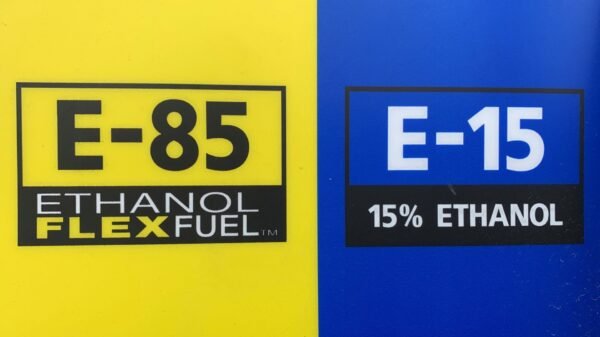








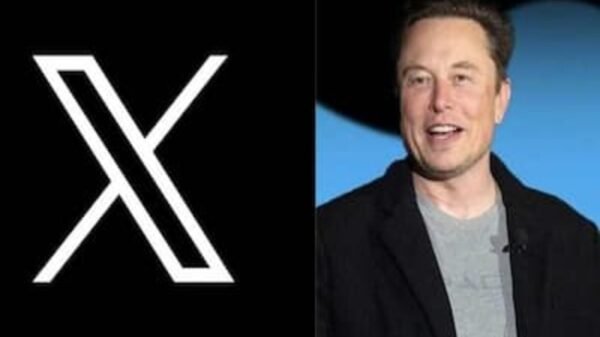
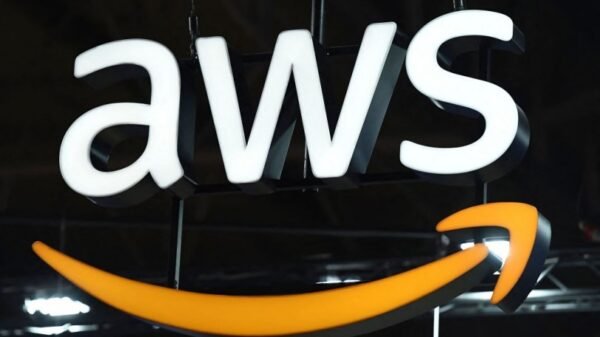

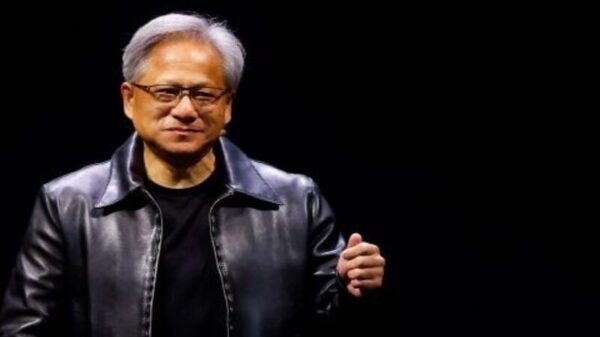


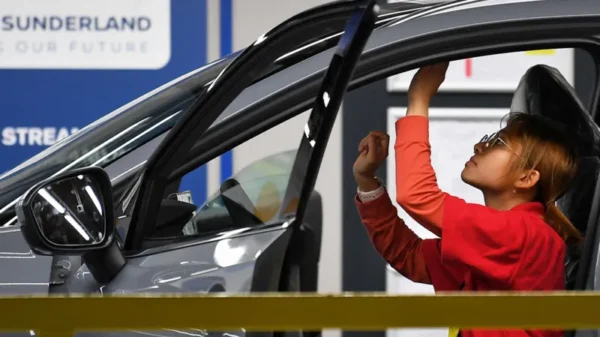






































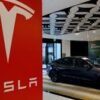


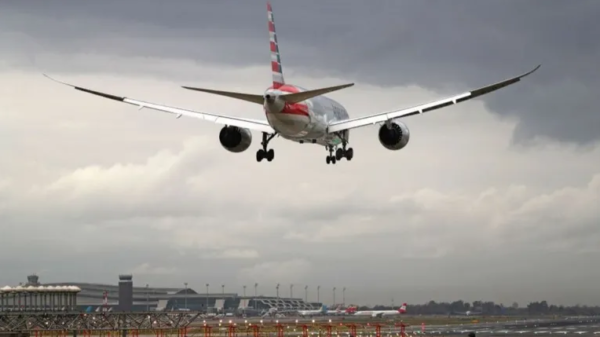



Comment Template